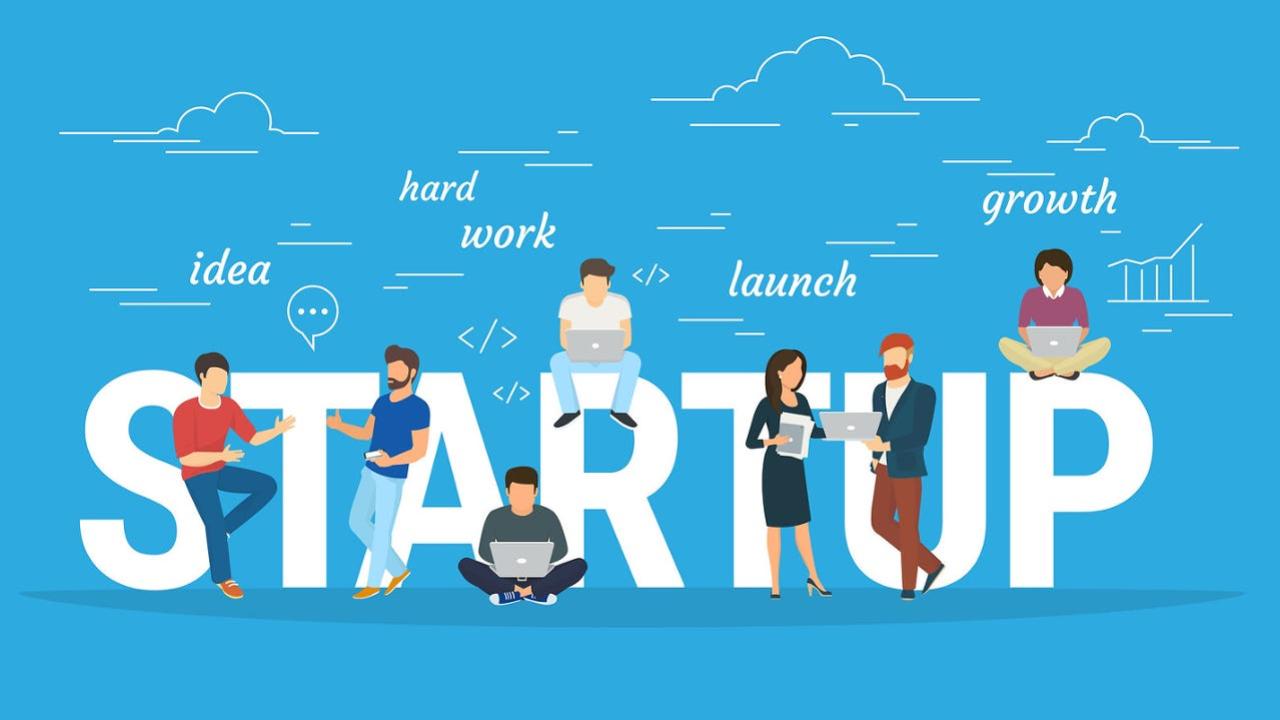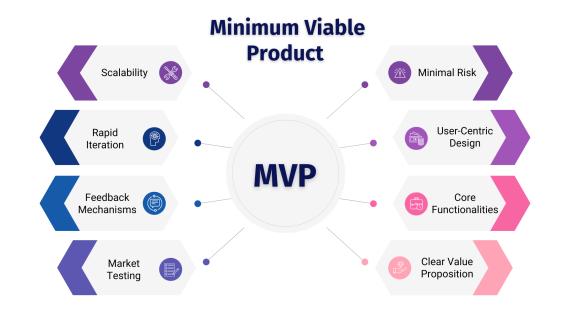Launching a startup is a thrilling journey, but it requires careful planning and investment. Before you dive into your new venture, it's essential to validate your startup idea to ensure it has real potential for success. This process helps you avoid wasting time and money on an unproven concept. At Gazipedia.com, we understand the importance of this critical step. Here’s a comprehensive guide to help you validate your startup idea effectively.
1. Clearly Define Your Startup Idea
Before you can validate your idea, you need to have a clear and concise understanding of it. Start by outlining:
- The Problem: What issue or need does your startup address?
- The Solution: How does your product or service solve this problem?
- Target Audience: Who are your potential customers?
A well-defined idea is easier to validate and communicate to potential customers and stakeholders.
2. Conduct Thorough Market Research
Market research is a crucial step in validating your startup idea. It helps you understand the landscape and determine if there is a demand for your product or service. Here’s how to conduct effective market research:
- Analyze Industry Trends: Use tools like Google Trends, Statista, and industry reports to gather data on current trends and market needs.
- Identify Competitors: Research existing competitors to understand their strengths and weaknesses. Analyze their offerings and customer reviews to identify gaps your startup could fill.
- Survey Potential Customers: Directly engage with your target audience through surveys, interviews, or focus groups to gather feedback on your idea.
3. Develop a Minimum Viable Product (MVP)
Creating an MVP allows you to test your idea with minimal resources. An MVP is a basic version of your product or service that includes only the essential features. The goal is to validate your concept with real users and gather valuable feedback. Here’s how to approach MVP development:
- Focus on Core Features: Build a prototype that showcases the core functionality of your idea.
- Test with Real Users: Launch the MVP to a select group of users and collect their feedback on usability and functionality.
4. Run a Pilot Program
A pilot program involves launching your MVP to a limited audience to test its effectiveness. This controlled rollout helps you gather insights and make improvements before a full-scale launch. Consider the following steps:
- Define Success Metrics: Establish clear criteria for evaluating the success of your pilot program.
- Collect Data: Use surveys, interviews, and usage data to assess how well your product meets user needs.
5. Seek Expert Feedback
Engaging with industry experts can provide valuable insights and validate your assumptions. Reach out to mentors, advisors, or professionals with experience in your field. They can offer advice on potential challenges and opportunities, helping you refine your startup idea.
6. Evaluate Financial Viability
Assessing the financial aspect of your startup idea is crucial. Develop a detailed financial plan that includes:
- Cost Analysis: Estimate the costs involved in developing, launching, and scaling your product.
- Revenue Projections: Identify potential revenue streams and calculate projected profit margins.
- Funding Requirements: Determine how much capital you need and explore funding options such as bootstrapping, angel investors, or venture capital.
7. Test Market Demand
Testing market demand can provide insights into how well your idea resonates with potential customers. Consider the following methods:
- Pre-Sales Campaigns: Launch a pre-sales campaign to gauge interest and secure initial funding.
- Crowdfunding: Platforms like Kickstarter or Indiegogo can help you test market demand and attract early supporters.
8. Assess Scalability
Scalability is the ability of your business to grow and handle increased demand. Evaluate your startup’s scalability by considering:
- Infrastructure Requirements: Determine the resources and systems needed to support growth.
- Operational Efficiency: Assess whether your business model can efficiently scale without compromising quality.
9. Understand Legal and Regulatory Requirements
Ensure that your startup idea complies with legal and regulatory requirements. Research any licenses, permits, or industry regulations that may impact your business. Compliance helps avoid potential legal issues and ensures a smooth operational process.
10. Iterate and Refine Your Idea
Based on the feedback and data you’ve collected, refine your startup idea as needed. Continuously iterate and make improvements to address any identified issues or opportunities. This iterative process increases the likelihood of building a successful and sustainable startup.
Conclusion
Validating your startup idea is a critical step in the entrepreneurial process. By conducting thorough market research, testing your MVP, seeking expert feedback, and evaluating financial and scalability aspects, you can make informed decisions and reduce the risk of failure. For more insights and resources on startup validation, visit Gazipedia.com, where we provide valuable information and guidance for entrepreneurs. Remember, the key to a successful startup is careful planning and continuous refinement.














